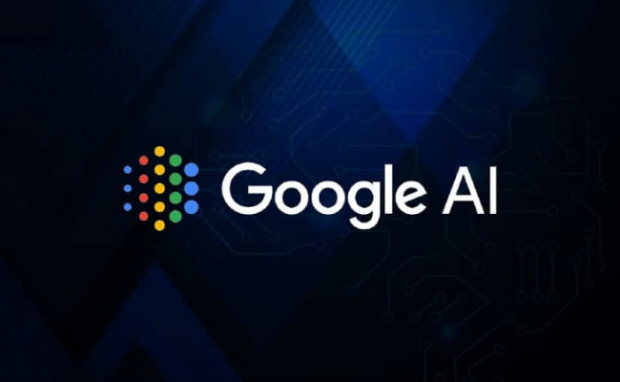Google medical chatbot under hospital testing
The healthcare research nonprofit Mayo Clinic has tested Google’s new medical AI chatbot since April. The Verge says Med-PaLM 2 answers medical questions and aims to help countries with “more limited access to doctors.”
Moreover, the company believes it will be better at healthcare conversations than ChatGPT, Bing, and other chatbots. Google continues to expand its artificial intelligence solutions to more parts of daily life. Soon, you will likely see these AI-powered products and services in your country’s hospitals and clinics.
You must understand how these work to prepare for the benefits and risks. This article will discuss the features and limitations of the Google medical chatbot, Med-PaLM 2. Later, I will cover other Google projects and AI health solutions.
How does the Google medical chatbot work?
Google is racing against rivals—including Microsoft—to translate recent AI advances into products that would be used widely by medical clinicians https://t.co/MkUz7D9DRO
— The Wall Street Journal (@WSJ) July 8, 2023
The Verge says information about the Med-PaLM 2 came from the Wall Street Journal. The latter said a Google internal email stated the chatbot would help countries with limited doctor access.
WSJ cited a Google research paper that indicates the program performs on par, if not better, than human doctors. The AI chatbot excels in the following metrics:
- Reasoning
- Consensus-supported answers
- No signs of incorrect comprehension
Customers using Med-PaLM 2 will control data. Encryption will protect patient data, meaning Google couldn’t access it. Moreover, WSJ shared a few words from senior research director Greg Corrado.
He said Google’s medical chatbot is still in its early stages. Corrado wouldn’t want it to be a part of his family’s “healthcare journey.” The Verge said the program still suffers from some accuracy issues common in other large language models.
You may also like: Healthcare experts share medical advice on TikTok
The research paper said physicians found more inaccuracies and irrelevant information in Med-PaLM 1 and 2 answers than other doctors. Nevertheless, Corrado believes in the program’s potential.
He said the software “takes the places in healthcare where AI can be beneficial and expands them by 10-fold.” The Google medical chatbot is a developing technology that is undergoing rigorous testing.
According to The Verge, the Mayo Clinic research hospital and other facilities have been testing it since April 2023. It might be impractical today, but rapid technological advances will likely prepare it for real-world applications soon.
What are Google’s other AI projects?

Photo Credit: analyticsinsight.net
The search engine company has been developing numerous artificial intelligence solutions to keep up with ChatGPT’s rapid progress. Aside from its medical chatbot, it will soon incorporate AI into its online search platform.
It will replace the classic “10 blue links” with AI summaries. These cards will compile information from the top search results to provide immediate answers to users.
They may also click on its references for more information. Moreover, the tech company has been developing these other AI-powered technologies:
- An AI-powered image generation studio
- The Shopping Try-on feature lets you try on clothes digitally on YouTube.
- Maya, which visualizes shoes in 3D
- A video summarization tool
- A wallpaper creation tool for Pixel phones
- An AI app builder
The Google Lens app also gained a significant AI upgrade. Its advanced image recognition capabilities enable you to identify skin conditions by taking photos.
Other AI healthcare applications
Various universities have also been studying AI products and services. For example, Ruidong Zhang, a doctoral student at Cornell University, created a pair of eyeglasses for people with speech impediments.
You may also like: AI-generated drug begins clinical trials
The EchoSpeech uses an AI-powered sonar system to read the user’s lips and vocalize their words. Also, the British Journal of Opthalmology developed a way to use AI to detect cardiovascular risks.
Even better, QUARTZ checks eyes instead of blood samples or X-ray scans. The technology matches a patient’s retina with those suffering from heart disease.
As a result, it could make heart tests more accessible to more people worldwide. It could significantly reduce costs, and it is non-invasive. More importantly, it only takes a few seconds to provide results!
Conclusion
Mayo Clinic and other hospitals have been testing a Google medical chatbot since April 2023. Preliminary results show it exceeds human doctors in reasoning and other factors.
However, it requires more research and development before it becomes practical. Med-PaLM 2 is still as inaccurate as other generalized chatbots like ChatGPT.
Nevertheless, we will likely see it in our hospitals next year. After all, ChatGPT is barely a year old, yet it has taken the world by storm! Check out more digital trends at Inquirer Tech.
